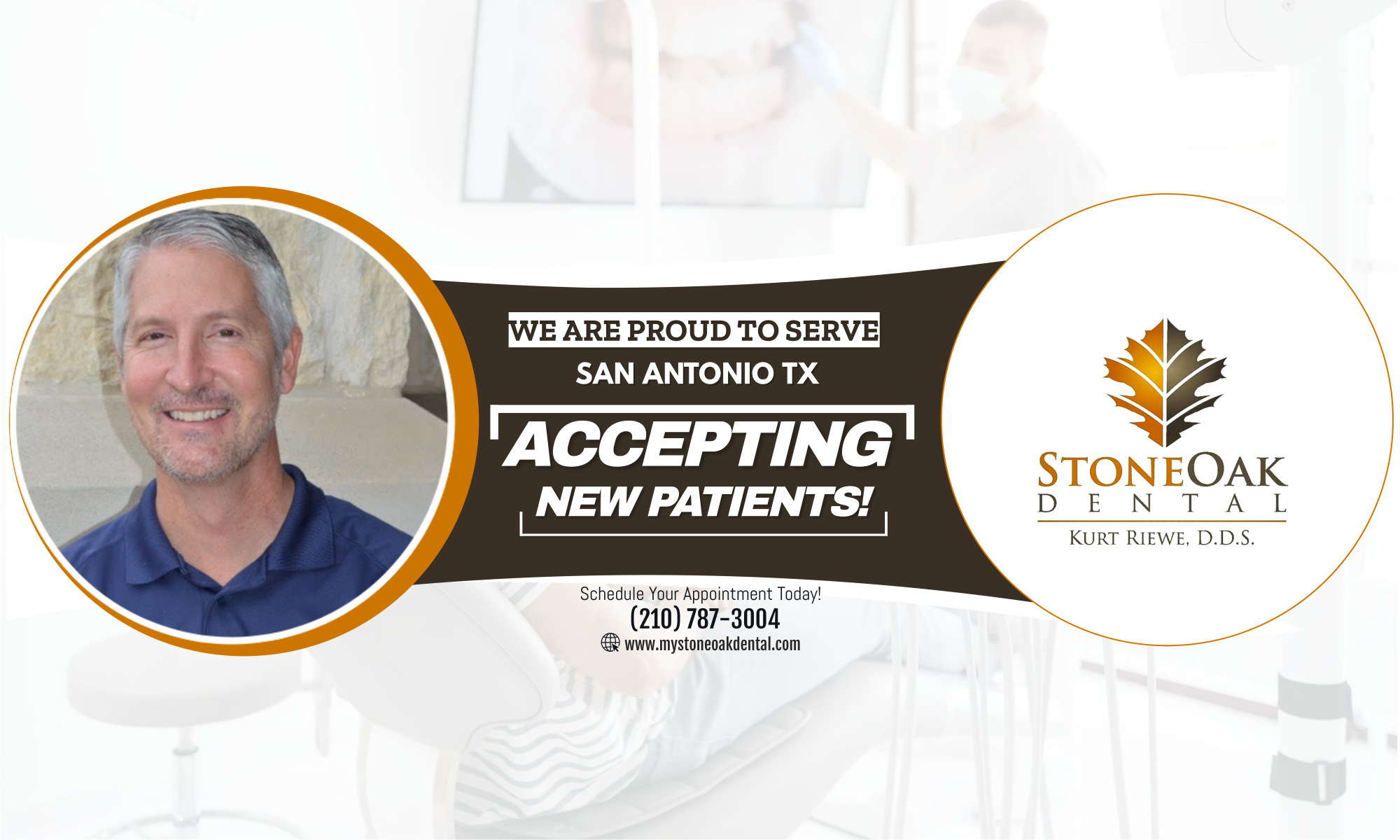Understanding what’s covered by your dental insurance is an important part of making sure you get the best oral care possible.
Here are some common questions that arise when people want to understand their cover better.
– If treatment my dentist recommends is not covered by my insurance, does that mean it’s not necessary?
Some plans make exclusions such as sealants, pre-existing conditions, adult orthodontics, and specialist referrals. This depends on your dental plan and you should not let the level of cover determine whether you need treatment.
– My dental benefit will only pay for a large filling but my dentist recommends I get a crown. Which should I choose?
Some plans will only cover the least expensive solution but it may not be the best option for your needs. You should decide based on your health needs and not on your insurance cover.
– My dental plan says it will pay 100 percent for checkups and cleanings but the insurance company says I owe for part of the dentist’s charge. How can this be?
Some plans provide cover based on a “customary fee” for each procedure. So, if your dentist’s fee is higher, your benefit will be based on a percentage of the customary fee instead of your dentist’s fee. Although these limits are called “customary,” they may not accurately reflect the fees that dentists charge in your area.
– Will my plan cover the care my family will need?
If your employer offers more than one plan, check the exclusions and limitations of the coverage as well as looking at the general benefits. It’s a good idea to discuss your family’s likely needs with your dentist before choosing a plan.
The plan document should specify who is eligible for coverage under the plan.
Plans offered by the same provider or employer can vary according to the contracts involved so your dentist will not be able to answer specific questions about your benefit or predict what the coverage for a particular procedure will be.
If you have specific questions about coverage, talk to your plan provider.
